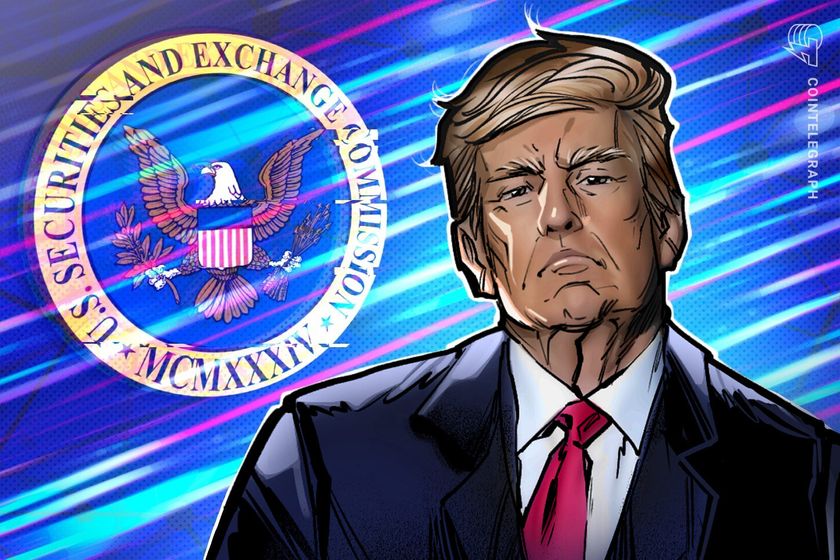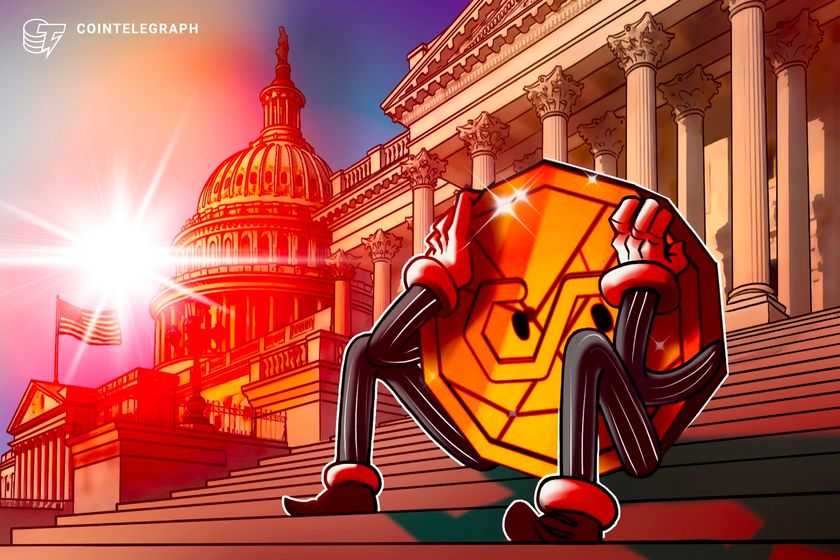

The US Securities and Exchange Commission (SEC) crypto task force, headed by Hester Peirce, has continued meeting with digital asset company representatives as the agency explores regulatory changes.
In an April 24 notice, the SEC task force disclosed a meeting with representatives from crypto firm Ondo Finance and the law firm Davis Polk and Wardwell to discuss “issuing and selling wrapped, tokenized versions of publicly traded US securities.” Ondo Finance donated $1 million to Donald Trump’s inauguration fund, and the law firm announced on April 22 that it would represent the US President’s social media company, Truth Social, to launch crypto-linked exchange-traded funds.
According to the meeting request, Ondo Finance planned to discuss registration requirements for tokenized securities, compliance with financial laws, and potentially launching a regulatory sandbox. Cointelegraph reached out to the firm for comment but did not receive a response at the time of publication.
The April 24 meeting was the latest in the SEC crypto task force’s outreach to the industry following the departure of former chair Gary Gensler. Former commissioner and Trump appointee Paul Atkins took over leadership at the agency on April 21 after his swearing-in ceremony, but has yet to take action on his proposed crypto agenda.
Related: Chiliz meets with SEC Crypto Task Force amid US market reentry plans
Continuing outreach to industry under new SEC chair
On April 25, the crypto task force will host a roundtable event to discuss custody, including representatives from Kraken, Anchorage Digital Bank, WisdomTree, and others. Following the approval of crypto exchange-traded funds in 2024, many financial institutions have seen demand for digital asset custody in the US grow significantly.
It’s unclear what the SEC’s intentions may be regarding pursuing crypto enforcement cases under Atkins. The commission has stated it will continue cases involving fraudulent activity, but dropped a complaint against Hex founder Richard Heart on April 21.
The agency has already announced it will stop investigations or lawsuits against many firms, including Ripple, Coinbase, and Kraken. All three exchanges donated or had executives who supported Trump’s 2024 campaign or inauguration fund.
Magazine: Trump’s crypto ventures raise conflict of interest, insider trading questions



